When it comes to cooking oils, there are numerous options available in the market. Among them, grapeseed, canola, and peanut oils are popular choices. Each of these oils has its unique flavour, smoke point, and nutritional value. In this article, we'll compare grapeseed vs. canola vs. peanut oil to determine  which one is the healthiest.
which one is the healthiest.
Grapeseed Oil:
Grapeseed oil is extracted from the seeds of grapes, which are a byproduct of the winemaking process. It has a high smoke point, making it ideal for high-heat cooking methods like frying and roasting. Grapeseed oil is a rich source of Vitamin E, antioxidants, and omega-6 fatty acids. However, it is also high in polyunsaturated fats, which can increase inflammation in the body if consumed in excess.
Canola Oil:
Canola oil is derived from rapeseed, a plant native to Canada. It is low in saturated fat and high in monounsaturated fat, making it a heart-healthy oil. Canola oil is also rich in Omega-3 fatty acids, which have numerous health benefits. It has a neutral taste and a high smoke point, making it an excellent all-purpose cooking oil. However, some people are concerned about the potential for genetic modification in canola crops.
Peanut Oil:
Peanut oil is extracted from peanuts and is a popular oil used in Asian cuisine. It has a high smoke point, making it ideal for deep-frying. Peanut oil is also a rich source of monounsaturated and polyunsaturated fats, Vitamin E, and phytosterols. However, some people may have an allergic reaction to peanuts,  making it unsuitable for them.
making it unsuitable for them.
Which Oil is the Healthiest?
All three oils have their own set of health benefits and drawbacks. However, in terms of overall healthiness, canola oil is the clear winner. It has a favourable fatty acid composition, low saturated fat content, and high levels of Omega-3 fatty acids, which have been shown to reduce the risk of heart disease. Additionally, canola oil is rich in Vitamin E, which is a potent antioxidant that can help protect the body against damage from free radicals.
While grapeseed oil and peanut oil have their own set of nutritional benefits, they are both high in polyunsaturated fats, which can increase inflammation in the body if consumed in excess. Grapeseed oil is also relatively high in omega-6 fatty acids, which can be harmful if consumed in large quantities.
It is worth noting that when it comes to cooking oils, moderation is key. Even the healthiest oil can be harmful if consumed in excess. Additionally, while canola oil is generally regarded as safe, it is important to choose a high-quality, non-genetically modified brand.
Conclusion:
While grapeseed and peanut oil have their own set of nutritional benefits, canola oil is the healthiest choice overall. It is rich in heart-healthy fats, Omega-3 fatty acids, and antioxidants, making it an excellent choice for cooking and baking. However, it is essential to consume all oils in moderation and choose high-quality brands to ensure maximum health benefits.


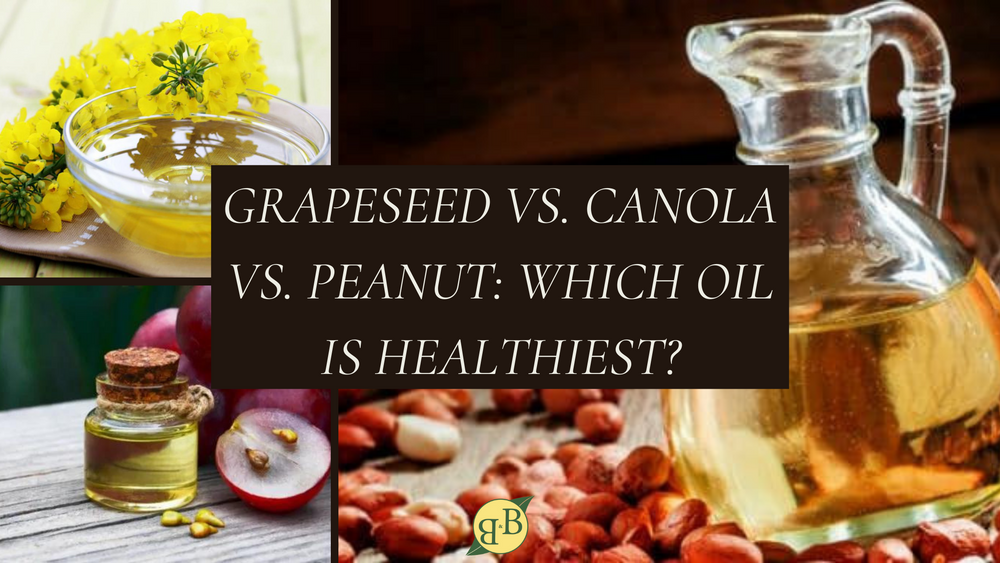

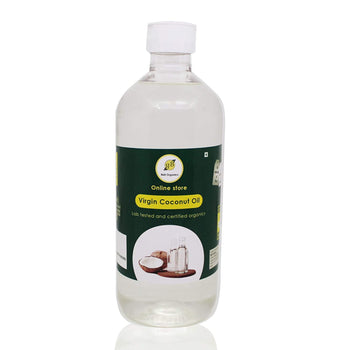


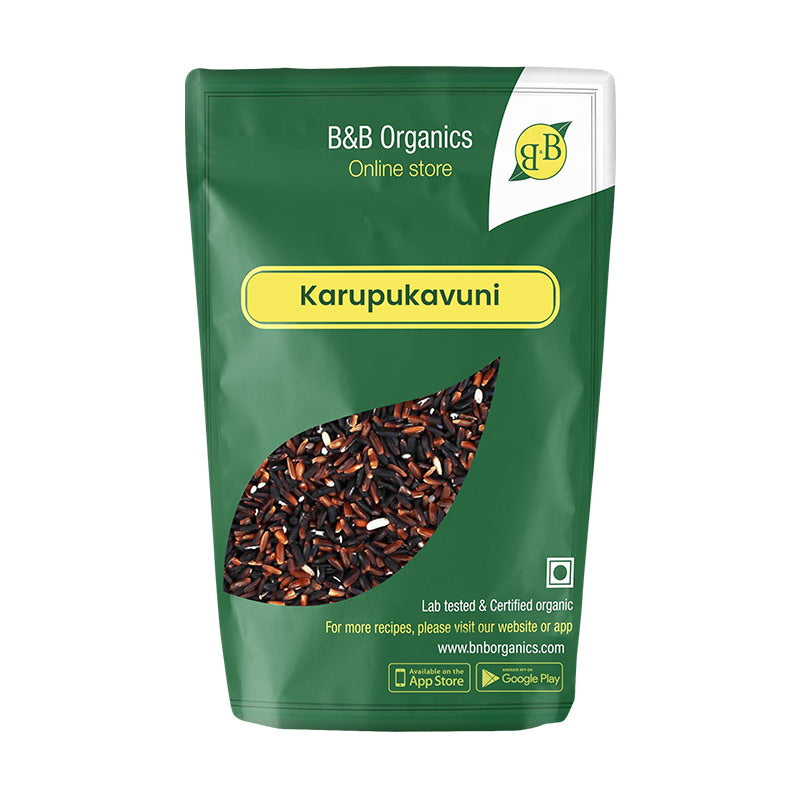
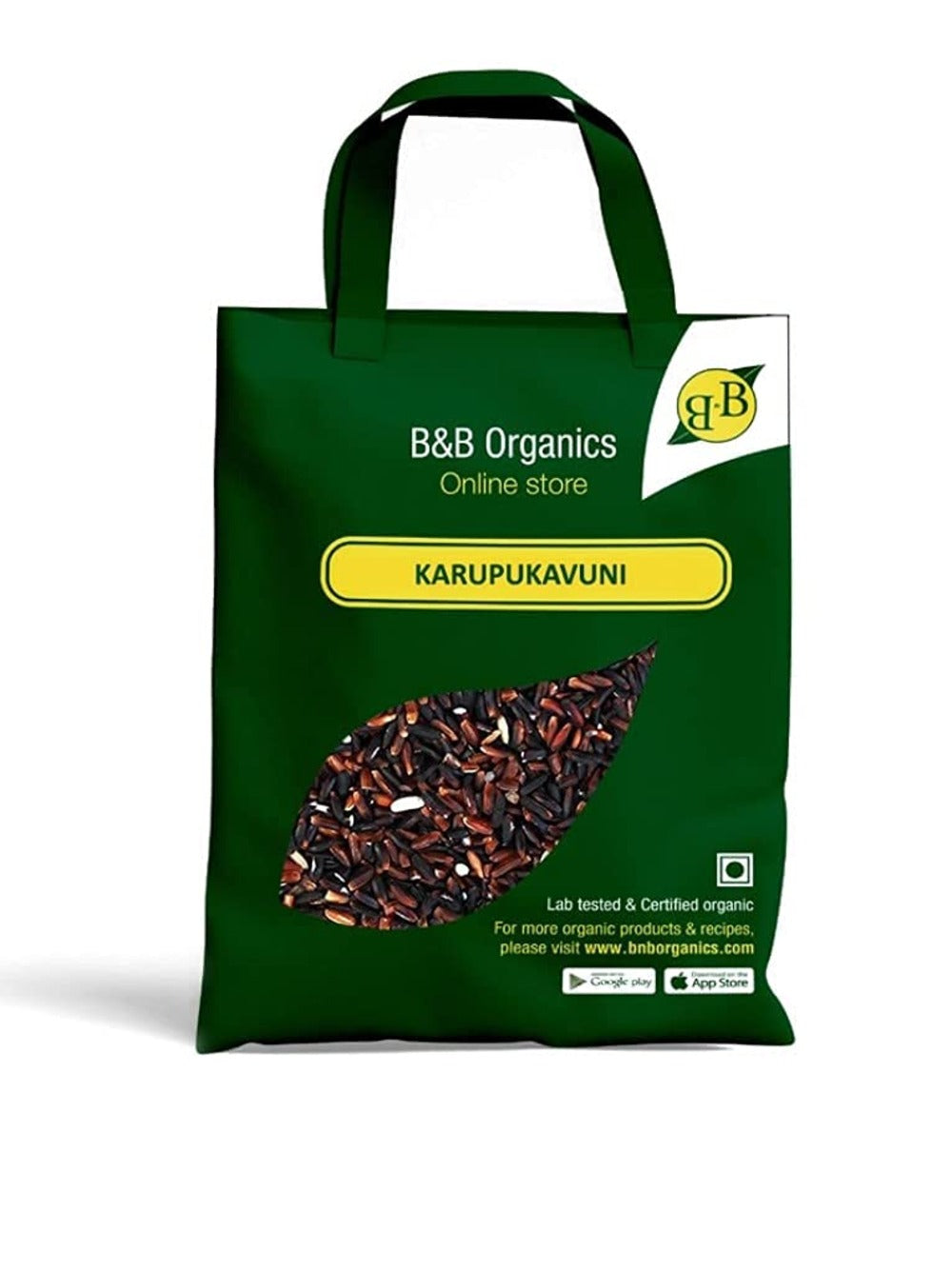
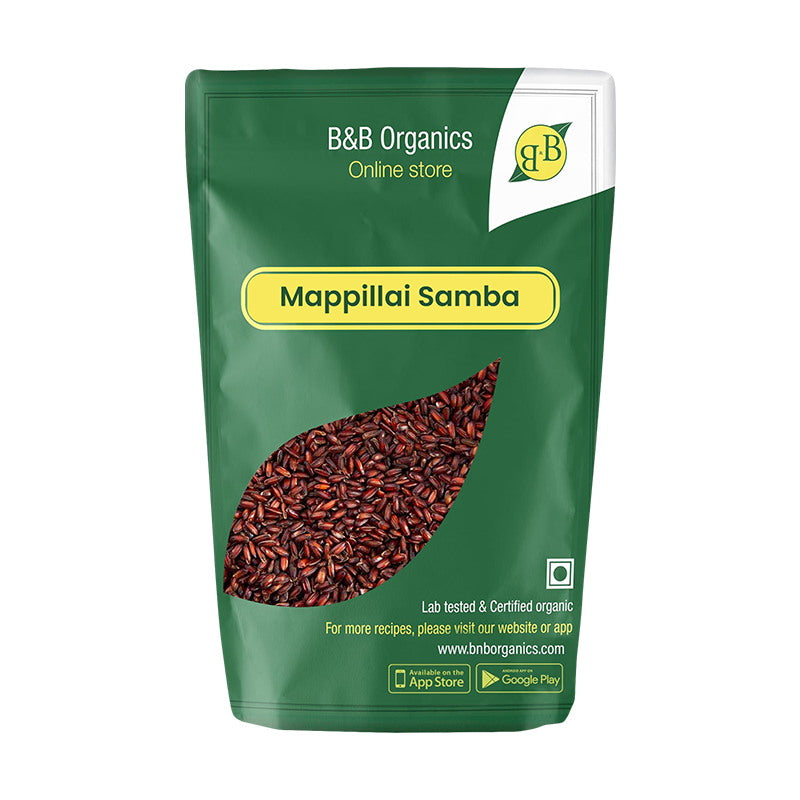
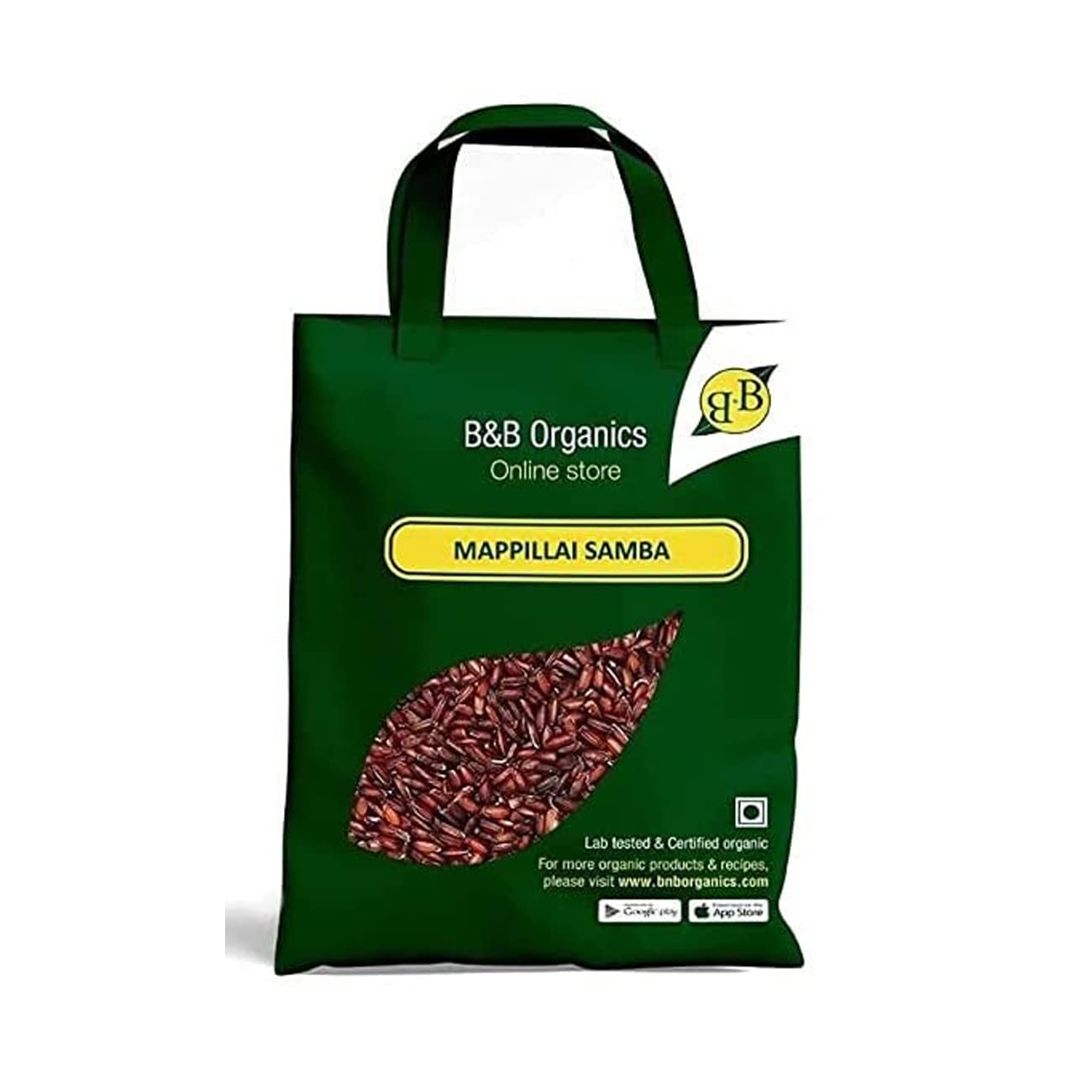
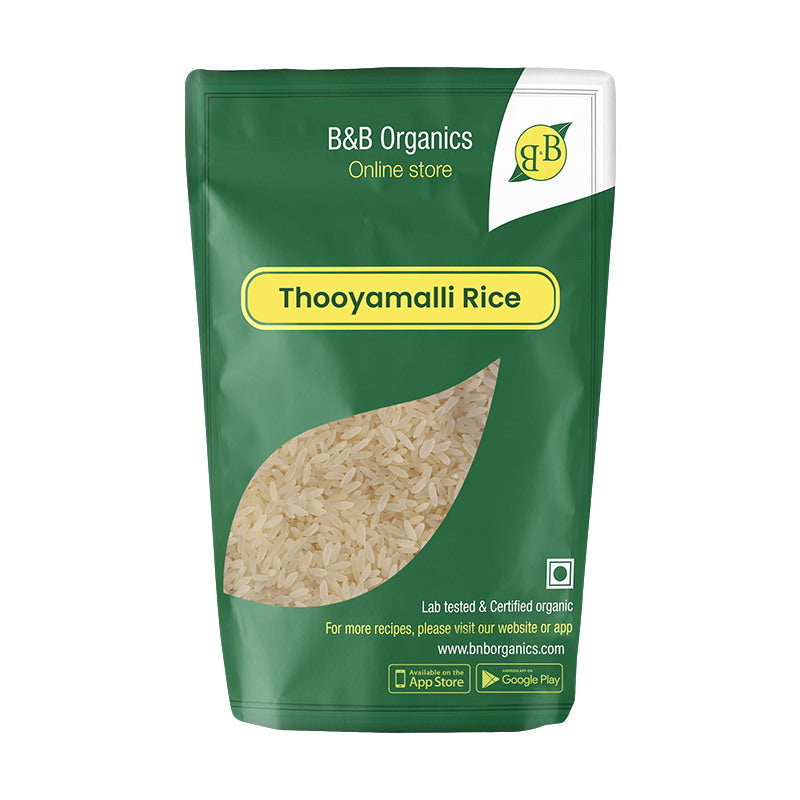
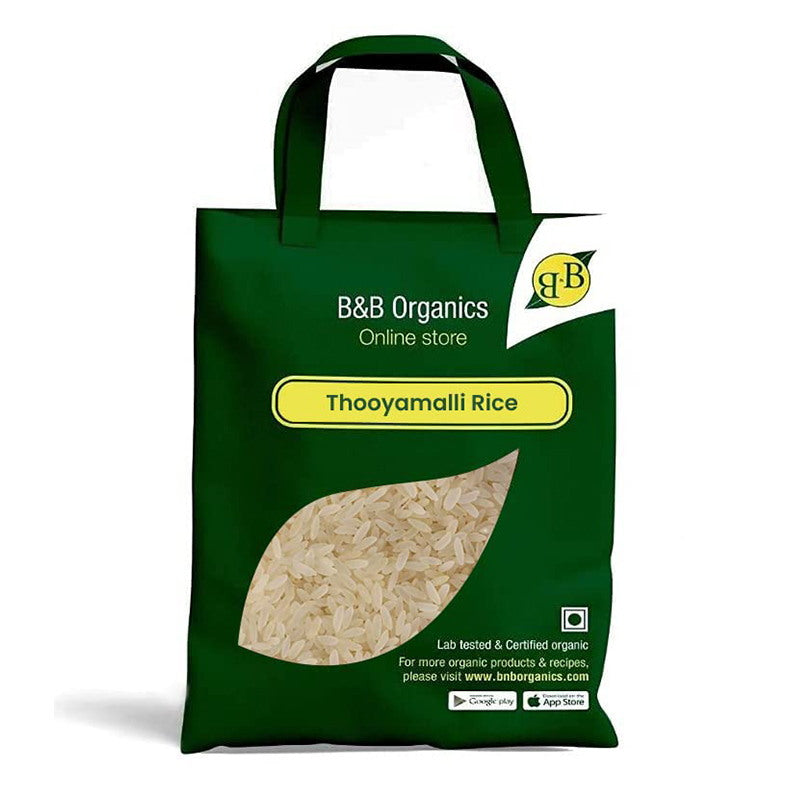
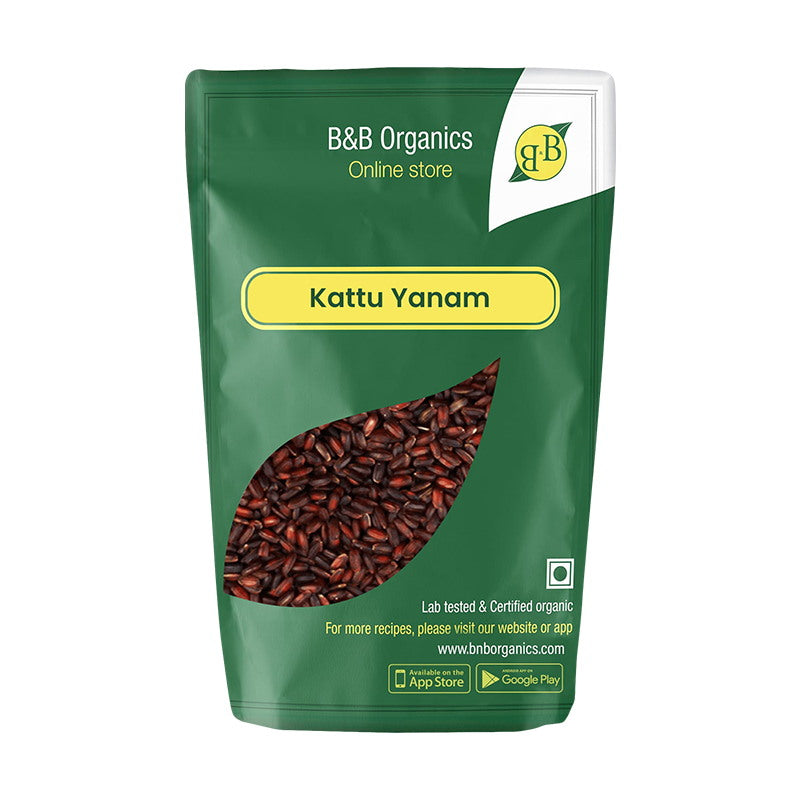
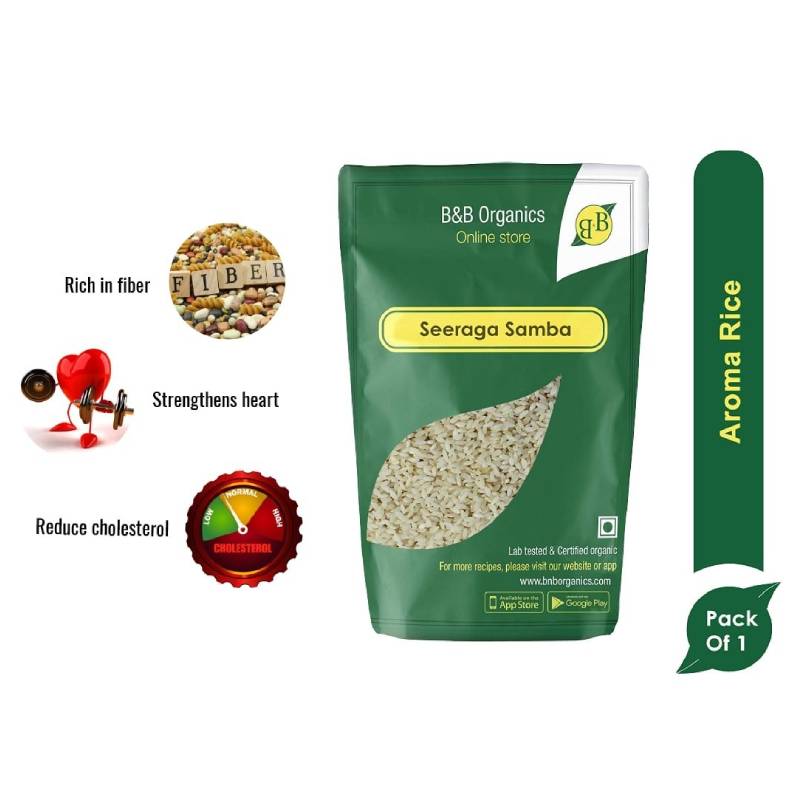
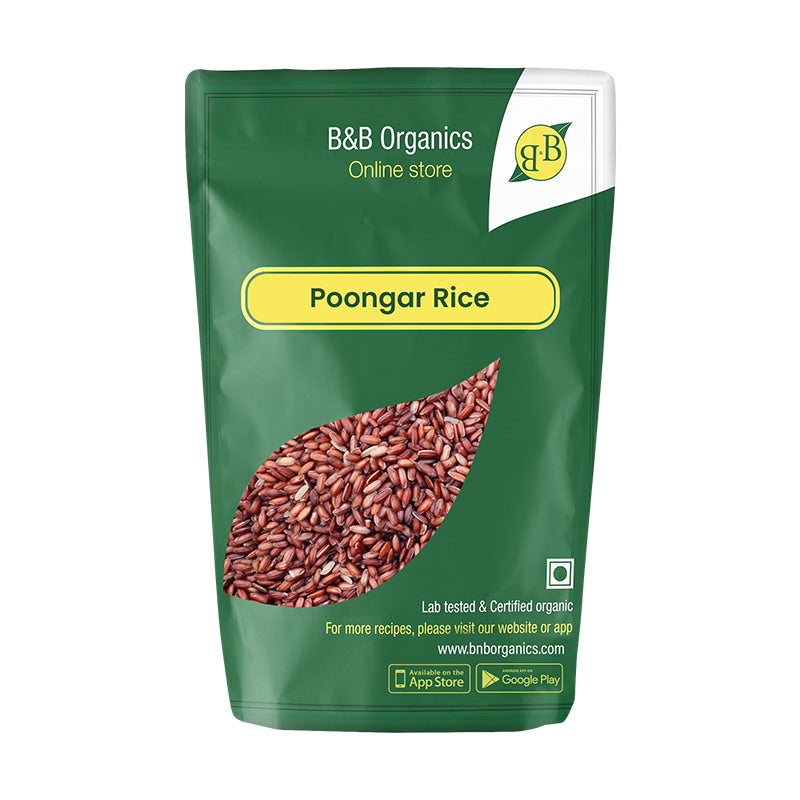
1 comment
I ONLY asked about differences in grape seed and peanut oils. I will now but canola oil.